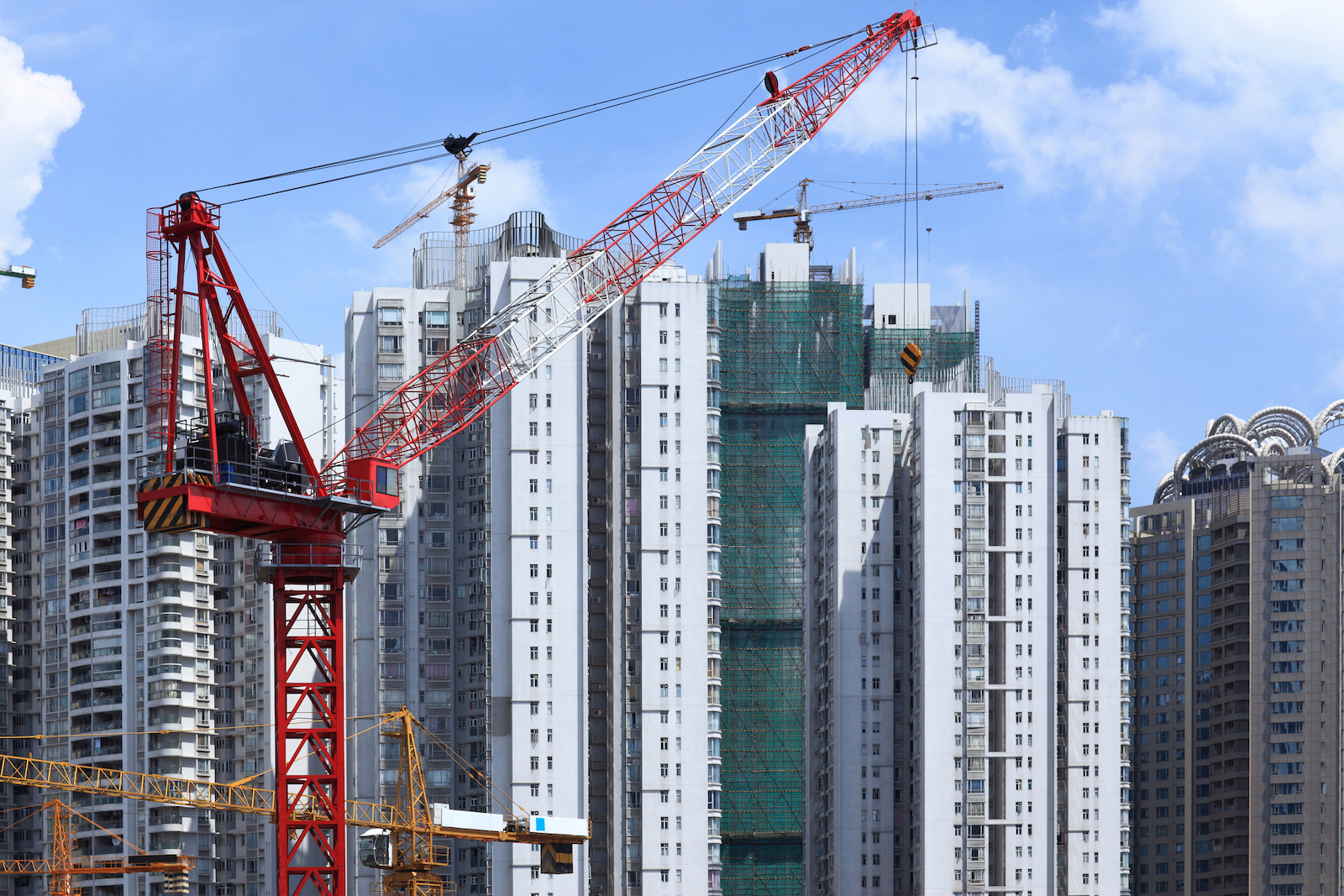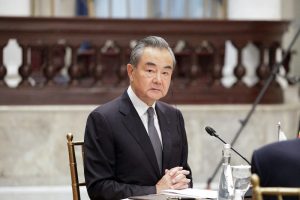(ATF) To see the human impact that the financial downturn is having on China, look no further than its freewheeling real estate market.
Such has been the precipitous drop in prices recently that when owners of homes in a complex in Hefei were told their property values had halved to 12,000 yuan ($1,767) per square metre, 50 of them knelt and cried.
The scene, reported by Sohu Finance and Tonghua Finance, is likely to be happening nationwide as the notoriously frothy Chinese property bubble looks set to burst.
JRJ Financial research found that house prices in Beijing fell by an average 15% during the National Holiday period this week. A small apartment in the capital sold for 3 million yuan instead of the advertised 4.3 million yuan, according to reports.
CHINA PROPERTY: Home prices falling in some China cities
When the bubble does pop, the wreckage will be huge. Home ownership in China’s cities has reached 96%, according a report released by the central bank, with many families owning more than one property. But in the current market, if it can be said that buying a house is difficult, then selling one is near impossible.
After decades of development, buyers in the market have formed a basic psychological expectation of “buying up and not buying down”. And with house prices rising inexorably in the past 20 years, the trend has been only to buy, and buy more.
Various reports indicate this is a nationwide trend, and that average house prices have fallen by 5,000 yuan per square metre.
Regardless of whether it is new or “second-hand housing”, the market is weak.
September decline
According to the latest report on housing prices in 100 cities released by the China Index Academy, newly built commercial housing prices continued to drop in September. The average price of a new home was 15,643 yuan per square metre, an increase of 0.24% from the previous month but a decrease of 0.26 % from August. The year-on-year increase was only 3.26%, which was also 0.08 percentage points narrower than the period in 2019.
House prices declined in 22 cities in September, an increase from 10 in August. The average price of second-hand houses was 15,360 yuan per square meter, which was basically unchanged from the previous month, with a slight year-on-year growth.
Institutional research results show that developers’ sales target are difficult to achieve. Crane data shows that the impact of sudden events in the first quarter on real estate will exist for a long time, and may far exceed the impact of 2003.
The GDP growth rates of Q1, Q2, Q3, and Q4 in 2019 were 6.4%, 6.2%, 6.0%, 6.0%, respectively while the first three quarters of this year saw growth a 6.8% contraction in Q1 and a 3.2% rise in Q2, equating to a 1.6% decline in the first half.
READ MORE: China Evergrande offers 30% off all homes amid debt crisis
The overall status is poor. Although in the third and fourth quarters, the rapid recovery of multiple industries may continue to increase, but the expected 6.1% growth target for the whole year is estimated to be “difficult achieve as downward pressure on the economy grows, Tencent news said.
Consequently, the real estate market has slowed to a contraction in individual quarters and was almost zero in Q1.
The current situation may be like that of 2012, when a previous bubble burst and sent the national economy spiralling.
In the context of the global layoffs eight years ago, the energy crisis affected the survival and development of many working-class employees. Many people began to hesitate to buy a house because they were worried about mortgage pressure.
Downward trend
It is difficult for most people to make up their minds to move into the real estate market. On the one hand, people consider their own economic capacity, and on the other, when there is a downward trend in housing prices they are more insecure.
Some people even compare the current market to the 6,124 points reached by A-shares in 2007, which means that the house prices have reached their peak.
Therefore, some insiders predict that prices in 2020 will fall back to those of eight years ago, according to Tencent.
This idea may be a bit naive. Even if sales go back to the levels of eight years ago, house prices will not fall back in the same way. What the market needs is a stable development trend, not a wave of ebb and flow.






















